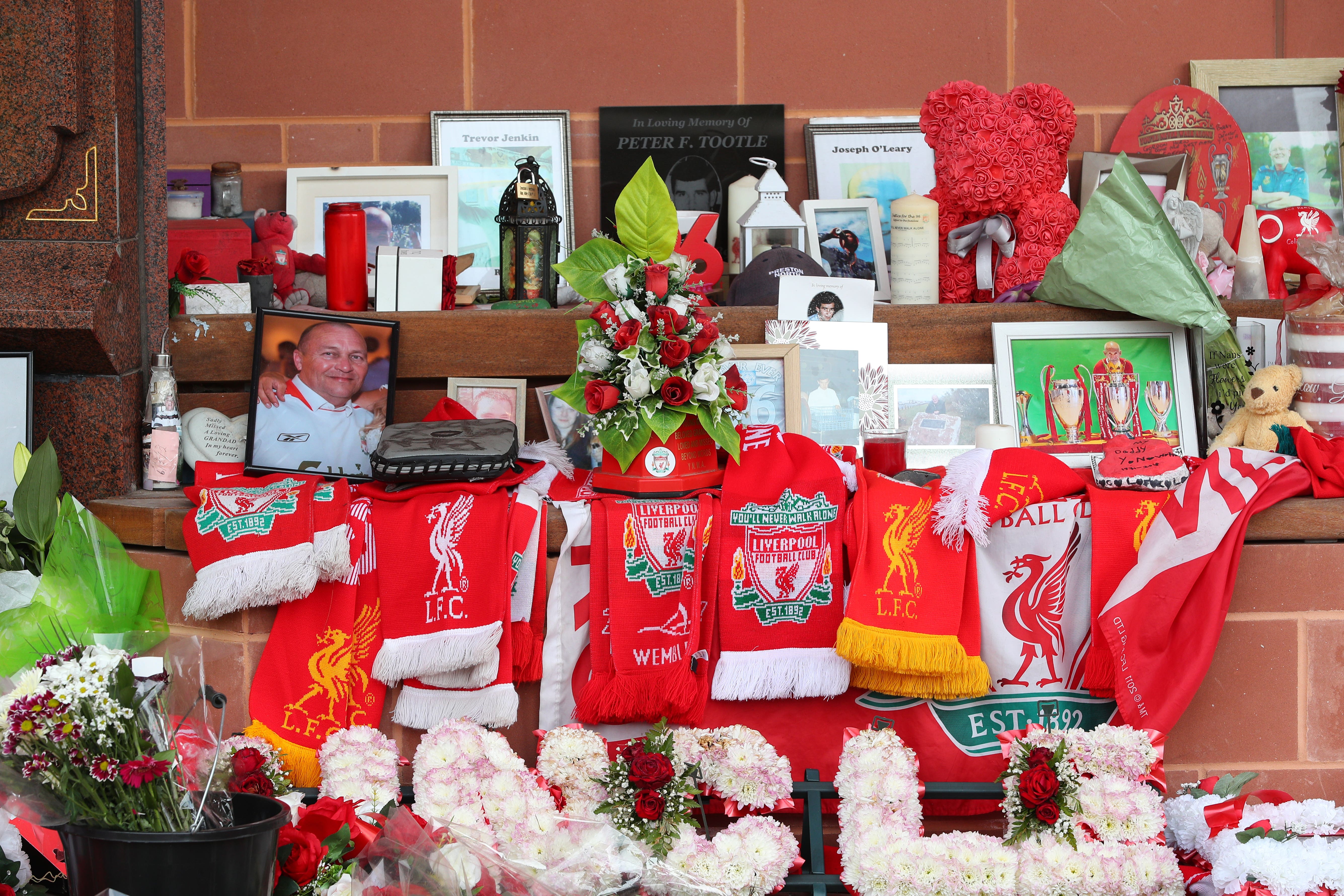Review into pathology at original Hillsborough inquests announced
The pathology review, which will be chaired by forensic science expert Glenn Taylor, was ordered by the Home Office.

Your support helps us to tell the story
From reproductive rights to climate change to Big Tech, The Independent is on the ground when the story is developing. Whether it's investigating the financials of Elon Musk's pro-Trump PAC or producing our latest documentary, 'The A Word', which shines a light on the American women fighting for reproductive rights, we know how important it is to parse out the facts from the messaging.
At such a critical moment in US history, we need reporters on the ground. Your donation allows us to keep sending journalists to speak to both sides of the story.
The Independent is trusted by Americans across the entire political spectrum. And unlike many other quality news outlets, we choose not to lock Americans out of our reporting and analysis with paywalls. We believe quality journalism should be available to everyone, paid for by those who can afford it.
Your support makes all the difference.A review of failures in pathology at the original Hillsborough inquests has been announced by the Home Office.
On Wednesday, the department said it had established an independent review to consider what went wrong with the original pathology report into the deaths at the 1989 FA Cup semi-final and ensure similar mistakes were not made in the future.
Ninety-seven football fans died in the crush at the match between Liverpool and Nottingham Forest on April 15 1989.
The pathology review, which will be chaired by forensic science expert Glenn Taylor, was set up following a recommendation in a 2017 report by Bishop James Jones.
It is difficult to overstate the impact of the failures of pathology at the first inquest
Original inquests, which were quashed by the High Court in 2012, heard no evidence from after 3.15pm on the day of the disaster.
The decision was based on pathology evidence that all the victims suffered the injuries which caused their deaths before that time.
However, the Hillsborough Independent Panel found the evidence was flawed and it was highly likely what happened after 3.15pm – the time when the first ambulance arrived on the pitch – was significant in determining whether the victims could have survived.
In his 2017 report The Patronising Disposition Of Unaccountable Power, Bishop Jones said: “It is difficult to overstate the impact of the failures of pathology at the first inquest.
“The impact is deeply personal for those families who feel they will now never know how their loved one died, but it also has a wider resonance – leading as it did to the necessity for new inquest proceedings 25 years after the disaster occurred.”
The review, commissioned by the Pathology Delivery Board (PDB) and overseen by the Home Office, began in July and Mr Taylor is expected to report his findings to the Home Secretary next summer.
Its terms of reference include recognising the failures in pathology, assessing whether there is risk of similar failings being made again and considering if there are lessons learnt which can be built into the development of Home Office registered forensic pathologists and the wider provision of pathology services.
Bishop Jones, the former Bishop of Liverpool, set out 25 points of learning as part of his report on the experiences of the Hillsborough families.
He recommended the Government give full consideration to a Hillsborough Law, which would include a duty of candour for police officers.
At its party conference last week, Labour pledged to bring in the Hillsborough Law if elected.